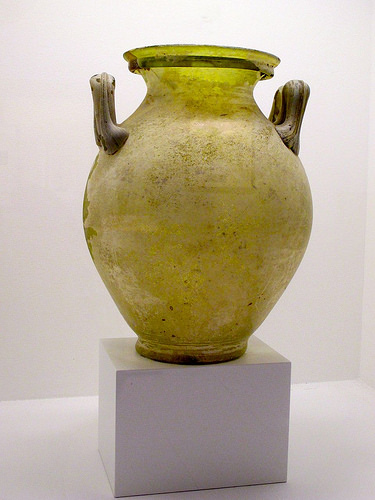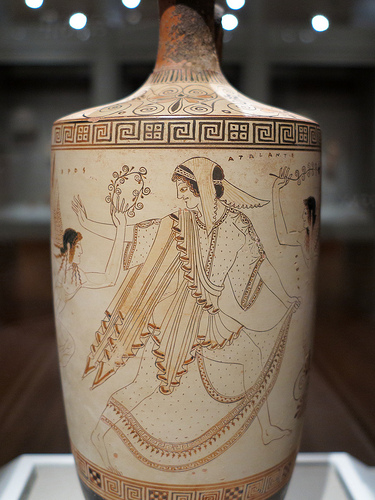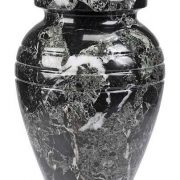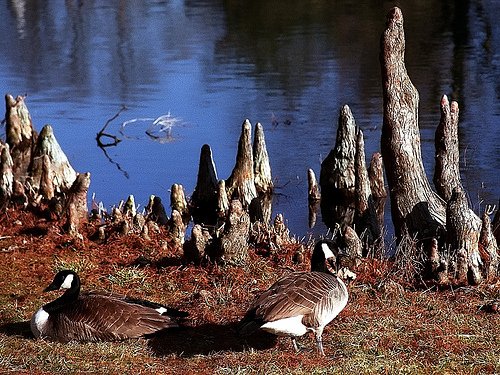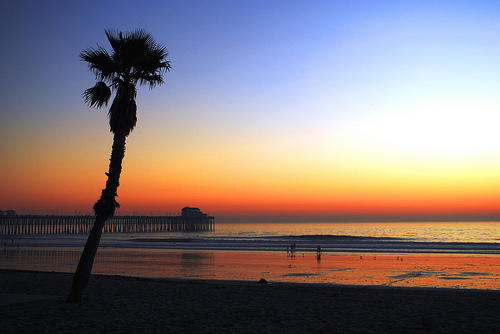Britain’s Cremation History: How It Was Legalized
 In Britain, burning a body was reserved for heretics. Some individuals did not even wait until these “heretics” are dead. If you are keen on watching movies that depicted Britain’s ancient past, there would be scenes wherein witches are burned at the stake. Although these movies used witches as an example, there are also other reasons for burning people at the stake. Those who are found guilty of treason, sexual deviancy, rebellious actions of slaves, guilty of using witchcraft, and heresy are sentenced to be burned at stake. It was one of the forms of capital punishment in the past.
In Britain, burning a body was reserved for heretics. Some individuals did not even wait until these “heretics” are dead. If you are keen on watching movies that depicted Britain’s ancient past, there would be scenes wherein witches are burned at the stake. Although these movies used witches as an example, there are also other reasons for burning people at the stake. Those who are found guilty of treason, sexual deviancy, rebellious actions of slaves, guilty of using witchcraft, and heresy are sentenced to be burned at stake. It was one of the forms of capital punishment in the past.
As time passed, there were different changes that occurred. It was Sir Henry Thompson who pushed for the legalization of basic cremation as a form of sanitation and precaution of spreading diseases. It was because of William Price’s action that paved its way for the final legalization of cremation in Britain. He tried to cremate the body of his dead baby son, Iesu Grist,on his own property on January 1884 but was prevented by local people. He went to trial but was found not guilty since he did not break any law. Technically, he was the first person to ever conduct a cremation.
On March 26, 1885, the first legal direct cremation was Janet Pickersgill’s body. It was done by Cremation Society at Woking, Surrey. This prompted the creation of all the cremation companies in the UK. Because of this, people are slowly getting accustomed to the benefits of cremation.The same year three cremations were carried out. By 1886, there were ten cremations.Today, there are a lot of people who are opting for a cremation since it is much more affordable than the cost of a burial.
With the cemeteries slowly getting crowded, there are a lot of individuals that are opting for a much more practical way of honoring their dead. Compared to getting a burial lot for your loved ones, getting an area or a space for your deceased loved ones is much cheaper than buying a lot.With cremation, people in Britain have the option to choose whether they get a space for their dead or create an altar in their own homes.

